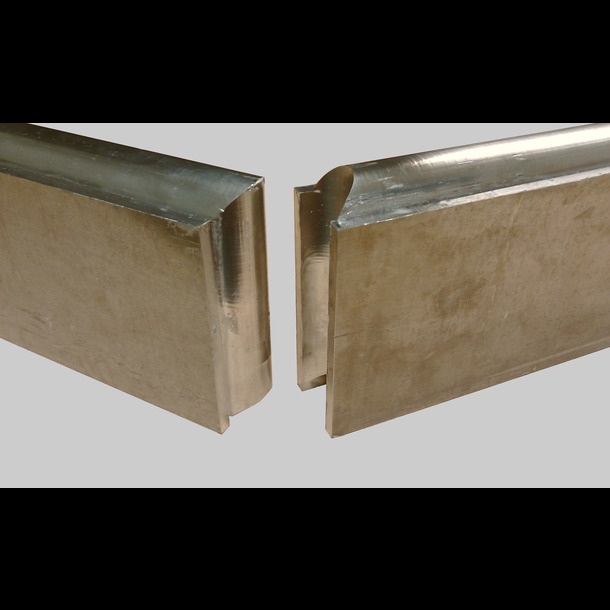Nuclear Radiation Shielding Materials: Protecting Lives and Ensuring Safety

4 min read
07 July 2023
Introduction
In the realm of nuclear energy and various medical and industrial applications, the importance of nuclear radiation shielding materials cannot be overstated. These materials play a crucial role in safeguarding human lives, preventing exposure to harmful radiation, and maintaining a safe working environment. This blog post explores the significance of nuclear radiation shielding materials and highlights some of the key materials used in their construction.
1.Understanding Nuclear Radiation
Before delving into shielding materials, it is essential to have a basic understanding of nuclear radiation. Nuclear radiation refers to the particles or electromagnetic waves emitted during nuclear reactions or radioactive decay. It can be classified into three types: alpha par
ticles, beta particles, and gamma rays. Each type possesses different properties and requires specific shielding strategies.
2.The Need for Radiation Shielding
Exposure to nuclear radiation can have severe health consequences, including radiation sickness, DNA damage, and an increased risk of cancer. Therefore, it is crucial to adopt effective shielding measures to minimize the risks associated with radiation exposure. Nuclear power plants, medical facilities, research laboratories, and industrial applications are just a few examples of settings where radiation shielding is of utmost importance.
3.Key Properties of Shielding Materials
When selecting materials for radiation shielding, certain properties are desirable:
a. Density: Shielding materials should have high density to attenuate the radiation effectively. Materials with higher atomic numbers tend to be more effective in this regard.
b. Absorption Capability: Shielding materials should possess the ability to absorb or scatter radiation particles, preventing their penetration through the material.
c. Thickness: The thickness of the shielding material plays a vital role in determining its effectiveness. Higher-energy radiation requires thicker shields for proper attenuation.
4.Common Shielding Materials
Several materials are commonly used for nuclear radiation shielding, each with its own unique properties and applications:
a. Lead: Lead is a widely utilized shielding material due to its high density and excellent absorption properties. It is particularly effective against gamma rays and X-rays.
b. Concrete: Reinforced concrete is a versatile shielding material that is often used in nuclear power plants and medical facilities. Its composition provides significant attenuation of gamma and neutron radiation.
c. Borated Polyethylene: This composite material consists of high-density polyethylene with boron compounds. It is especially useful for shielding against neutron radiation.
d. Tungsten: Tungsten has a high atomic number and is commonly used for shielding against X-rays and gamma rays. It is widely employed in medical and industrial applications.
e. Water: Water is an effective shielding material for certain types of radiation, such as beta particles. It is frequently used as a coolant and shield in nuclear reactors.
5.Advances in Shielding Technology
Advancements in technology have led to the development of new materials and techniques for radiation shielding. These include the use of advanced polymers, composite materials, and even metamaterials that exhibit unique properties for radiation attenuation.
Conclusion
Nuclear radiation shielding materials Oman are integral to maintaining safety in various industries, including nuclear energy, medicine, and research. The selection of appropriate shielding materials depends on the type of radiation and its energy level. By understanding the properties and applications of different shielding materials, we can ensure adequate protection against harmful radiation, minimizing risks and creating safer working environments for all.
Remember, effective radiation shielding not only protects lives but also allows for the continued exploration and utilization of nuclear technologies to benefit humanity in numerous ways.
Reference Link(OriginallyPosted: https://www.vingle.net/posts/6106684
In case you have found a mistake in the text, please send a message to the author by selecting the mistake and pressing Ctrl-Enter.
ziebaq Technology 2
Ziebaq Technical Company Ltd., engineers, and operates in the private and governmental sectors for the field Instrumentations, Cooling, freezing rooms and labor...

No comments yet